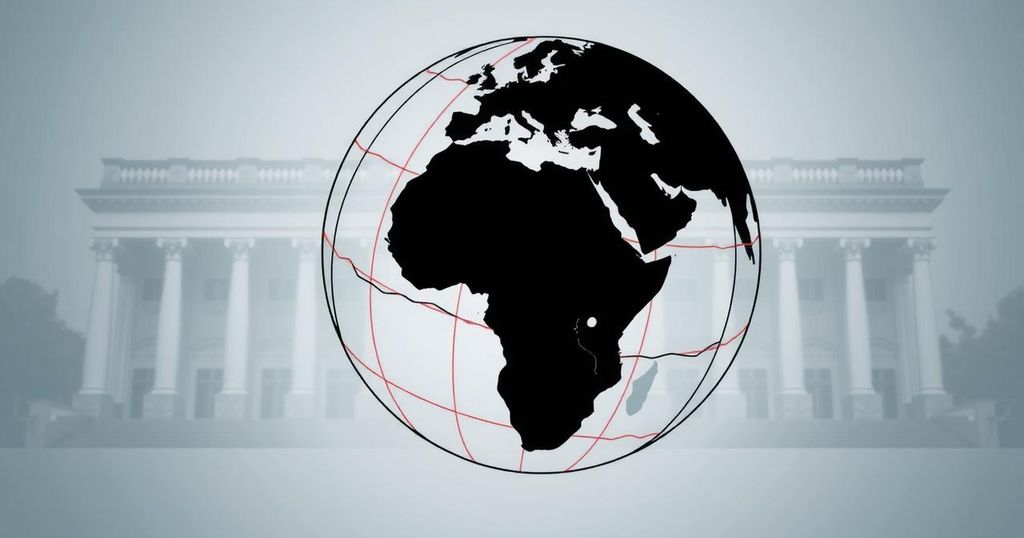President Javier Milei of Argentina has announced plans to withdraw from the World Health Organization, citing concerns over health sovereignty and dissatisfaction with the WHO’s influence on national policies. The decision follows similar actions by the United States, reflecting a global trend of skepticism towards international health organizations.
Argentinian President Javier Milei has declared his intention to withdraw the country from the World Health Organization (WHO), citing significant disagreements regarding health policies. According to presidential spokesperson Manuel Adorni, the move is motivated by concerns over sovereignty and the influence of member states on health governance.
The Foreign Minister, Gerardo Werthein, has been directed to initiate the withdrawal process. Adorni emphasized that Argentinians refuse to let an international body interfere in their sovereignty, particularly concerning health matters.
Furthermore, the spokesperson criticized the handling of health management during the pandemic under former President Alberto Fernandez’s leadership, which resulted in an extended lockdown. This decision is purportedly aimed at enabling Argentina to adopt policies that align better with its specific needs and interests.
Milei’s announcement aligns with previous actions by the United States to leave the WHO, reflecting shared ideological views between Milei and former President Donald Trump. The WHO expressed regret regarding the U.S. withdrawal, hoping for reassessment, as its exit will take effect in January 2026.
The recent announcement of Argentina’s withdrawal from the WHO has raised concerns about the increasing isolationist tendencies among national governments in health matters. The WHO plays a pivotal role in global health management, influencing policies and protocols. This action mirrors similar withdrawals by other countries, emphasizing a shift towards prioritizing national sovereignty over international cooperation in health issues. The pandemic has significantly shaped public and governmental attitudes towards international health organizations. Criticisms regarding the handling of the pandemic have fueled calls for greater autonomy in health policy, reflecting wider discontent with perceived inefficiencies within these organizations. Thus, Milei’s move can be seen as part of a broader trend of skepticism towards international governance.
In conclusion, President Javier Milei’s decision to withdraw Argentina from the WHO underscores a growing trend among nations to prioritize sovereignty in health governance. The criticisms directed at the WHO’s management during the pandemic and prior governmental lockdowns have fueled such actions. This reflects a significant shift towards individualized health policies, potentially affecting global health coordination efforts going forward.
Original Source: www.swissinfo.ch






